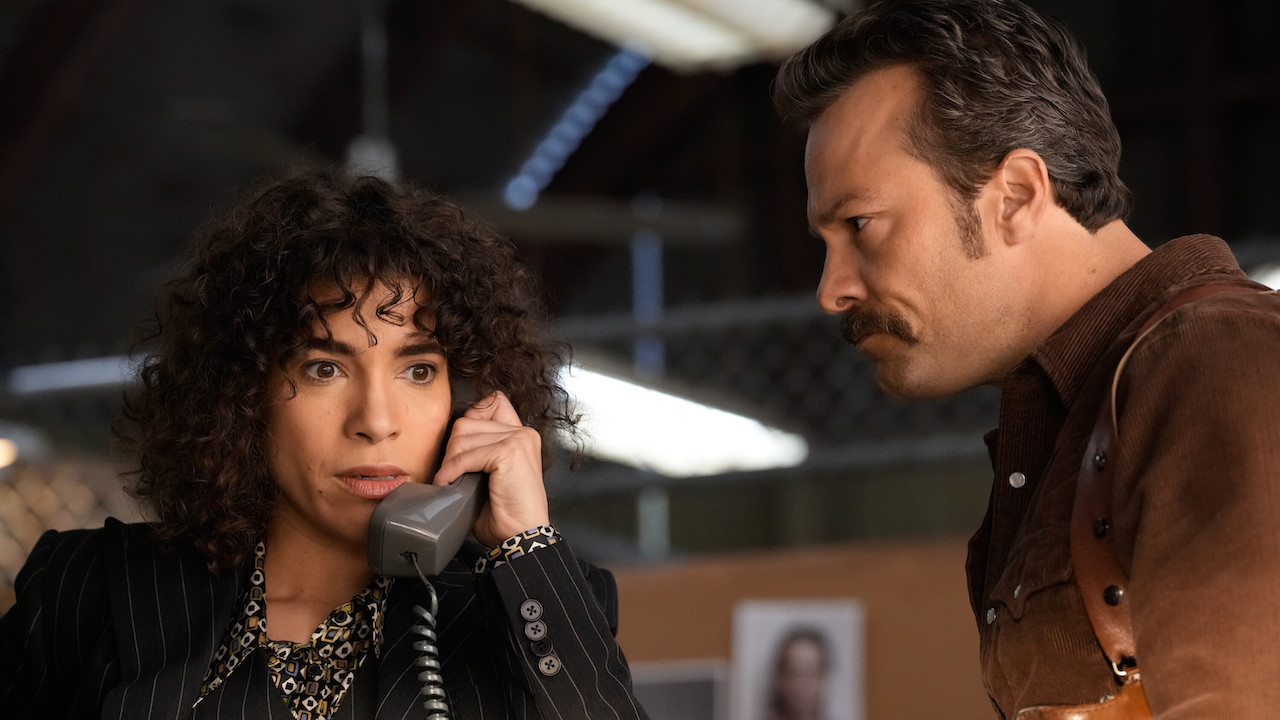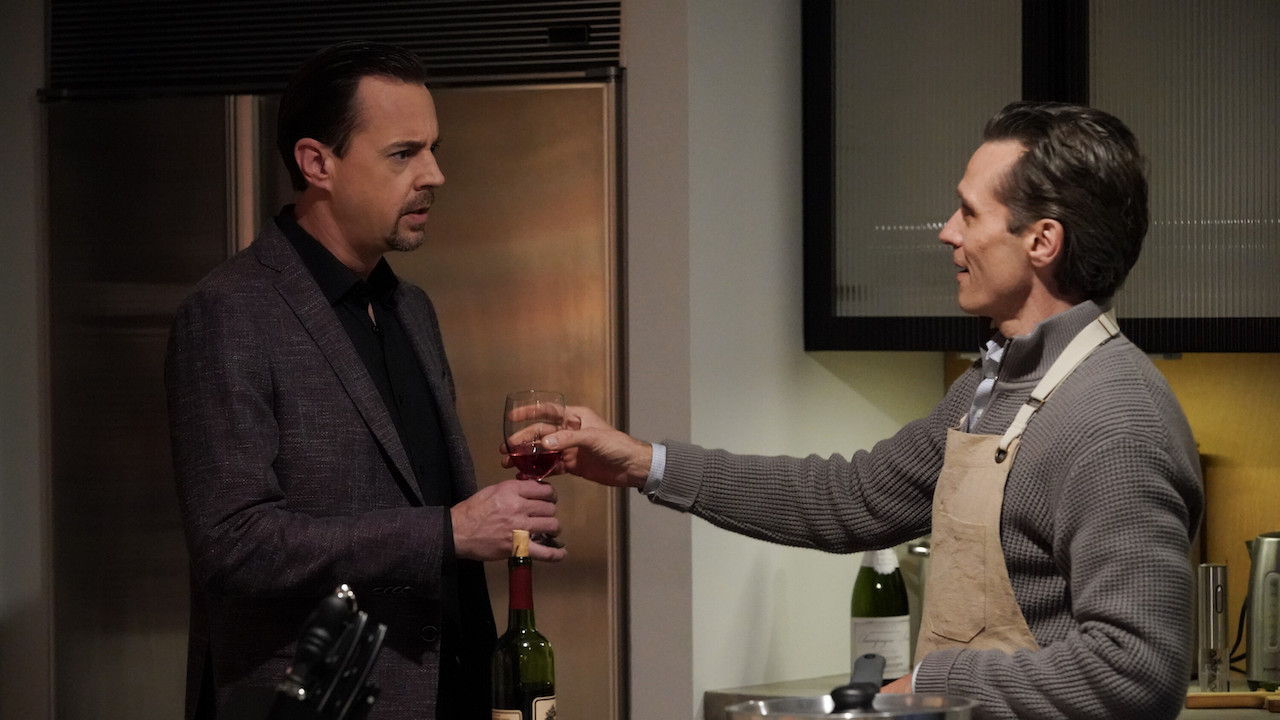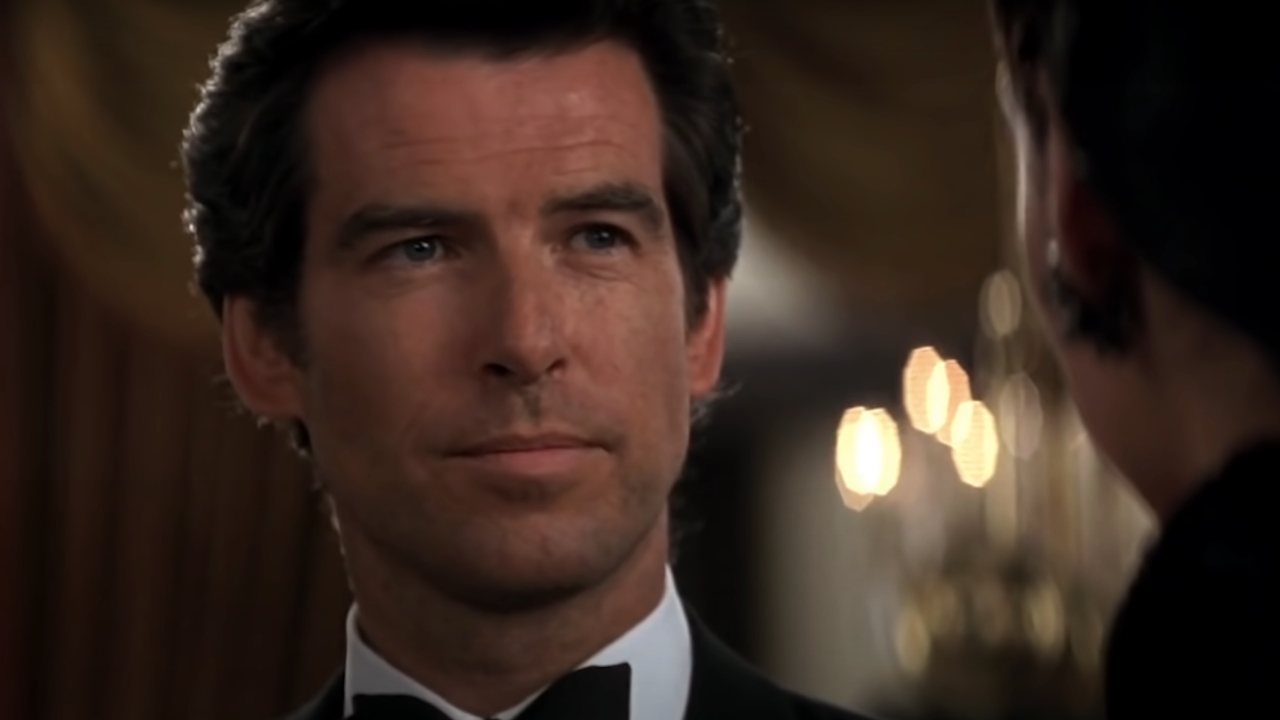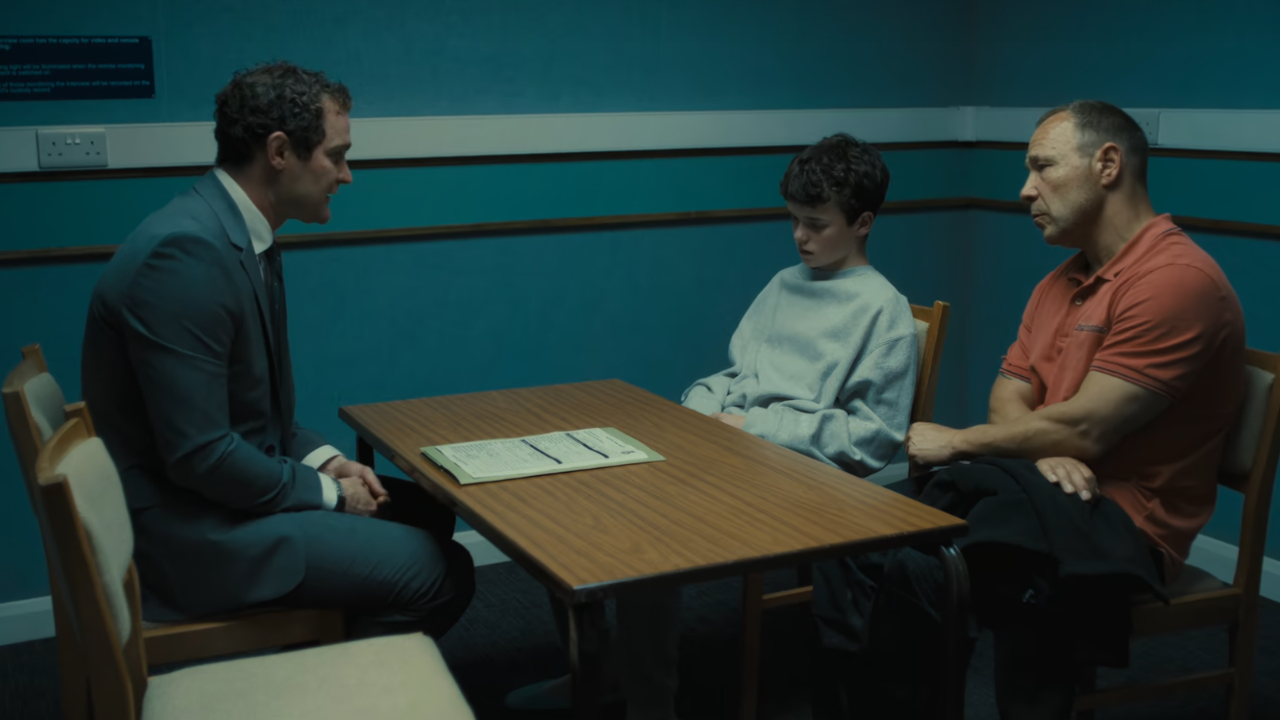I Thought Road House Director Doug Liman's Comments About The Movie Not Getting A Theatrical Release Were A Bit Much, But Then I Saw It In A Theater
If Road House isn't worth a theatrical release, how many others are?
There is perhaps no story that better explains where the movie industry is at in 2024 than all the Road House drama. In short, the film’s director, Doug Liman, was so outraged about MGM/ Amazon’s decision to drop the movie directly on streaming that he boycotted the SXSW premiere and released an open letter unleashing his anger. I thought it was a bit dramatic when it happened back in February, but then I saw Road House at a critics screening earlier this week, and I’m now overwhelmed by so many thoughts.
Road House is a crowd pleaser, one we gave four stars in our review. It’s a throwback action movie made in a really crisp and modern way. It’s populated with vibrant characters and tells a relatively straight ahead story of class warfare, boozing, bar brawls and getting the girl. The soundtrack slaps. The villains are quirky and fun. Jake Gyllenhaal is great as always and looks like he’s done nothing but focus on the gym for eight months. It’s not going to win any Oscars, but if you told me I needed to pick a movie that was the most likely to please twenty random adults from all walks of life, Road House would be a great option.
In short, Road House is the exact type of movie people would have gone with their friends to see at a theater if it was released ten years ago. It wouldn’t have been among the biggest box office winners of the entire year, but it would have solidly won a weekend or two, made a handy profit and eventually settled into a future of Tuesday evening airings with commercials on TNT. But it’s not ten years ago. It’s now. And if Road House doesn’t make sense as a theatrical release in 2024, what does make sense?
I think that’s what Doug Limon was ultimately getting at when he dropped his open letter. In it, he said the following…
If we don’t put tentpole movies in movie theaters, there won’t be movie theaters in the future. Movies like Road House, people actually want to see on the big screen, and it was made for the big screen. Without movie theaters, we won’t have the commercial box office hits that are the locomotives that allow studios to take gambles on original movies and new directors. Without movie theaters we won’t have movie stars.
Now, I’m going to throw a little cold water on Limon’s statement here. Road House isn’t Jurassic Park. It’s not Mission: Impossible or Fast & Furious. There are tentpole movies with a capital T and there are tentpole movies with a lowercase t. Road House is a tentpole movie with a lowercase t. As a visual spectacle, it doesn’t quite reach the heights of those two hundred million dollar epics, and I think ultimately, that’s what the disconnect is here.
How many movies per year demand to be seen in theaters? I think everyone in the entire industry agrees those big ones, of course, have to have robust theatrical runs, but once you get beyond those superhero movies, disaster films and new installments of major franchises, what else has to go to theaters? Is anything exempt from a straight to streaming release?
The case of Road House is complicated. The movie was already a bit down the road when Amazon bought MGM, and if the stories are to be believed, Amazon allegedly offered the producers extra budget money if they would take it straight to streaming to give the online retailer the exclusive. Why? Because Amazon isn’t necessarily looking to make its profits from a traditional release. They’re looking to get more people to subscribe to Amazon Prime, which makes complete sense from their point of view.
CINEMABLEND NEWSLETTER
Your Daily Blend of Entertainment News
And that’s one of the major problems right now. Hollywood has always been a competitive industry, but until recently, almost everyone involved agreed on what game was being played. You raise money to make a movie, you market that movie and hope people pay to see it in a movie theater. Later on, you hopefully make more money by selling that movie to consumers and DVD rental stores. Then, you use the profits you made to start over with an entirely new movie. Lots of studios and independent financiers were competing with each other for that money, but they were all trying to make it in basically the same way.
That’s not the case anymore. Now, you have companies like Amazon and Netflix, that want to use movies to generate subscriptions. There’s nothing wrong with that. The world changes. The way we want to consume movies changes and will change again, but at the same time, if movie theaters are going to survive, they need movies like Road House. It can’t just be the Iron Mans and Titanics that find their way into theaters. We need those tentpole films with a lowercase t, and if Road House isn’t one of them, what is?
Nonetheless, I'd still suggest you check out Road House. Jake Gyllenhaal is good as always, and the supporting cast is terrific too, led by an unhinged Conor McGregor. You'll almost certainly have a good time, as Doug Liman did a great job, even if you're not able to watch it on as big of a screen as he'd like.
Mack Rawden is the Editor-In-Chief of CinemaBlend. He first started working at the publication as a writer back in 2007 and has held various jobs at the site in the time since including Managing Editor, Pop Culture Editor and Staff Writer. He now splits his time between working on CinemaBlend’s user experience, helping to plan the site’s editorial direction and writing passionate articles about niche entertainment topics he’s into. He graduated from Indiana University with a degree in English (go Hoosiers!) and has been interviewed and quoted in a variety of publications including Digiday. Enthusiastic about Clue, case-of-the-week mysteries, a great wrestling promo and cookies at Disney World. Less enthusiastic about the pricing structure of cable, loud noises and Tuesdays.










